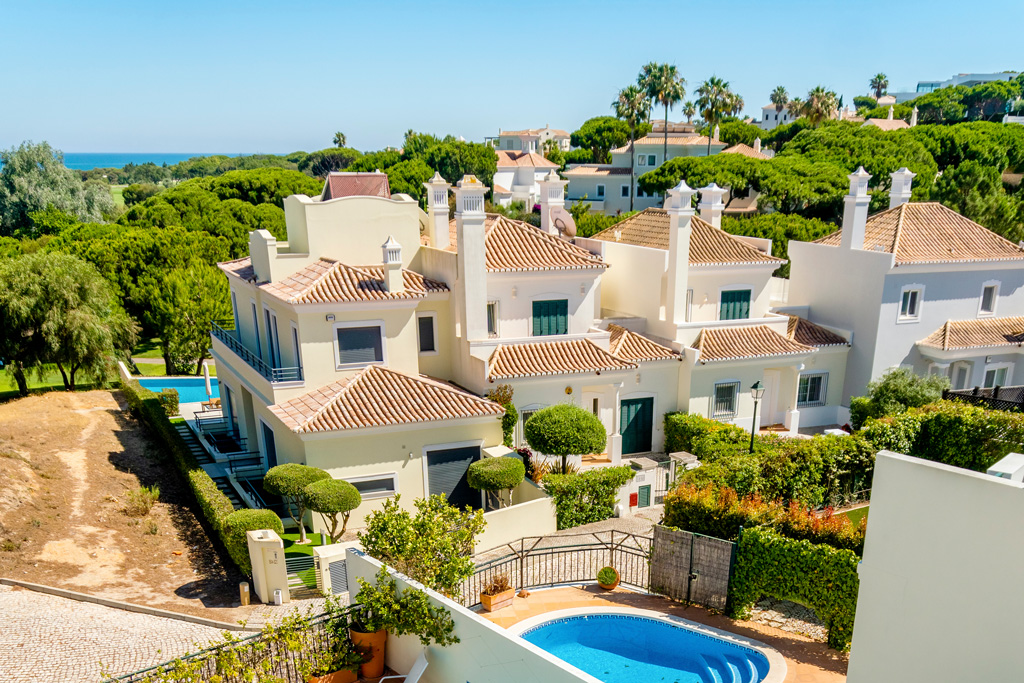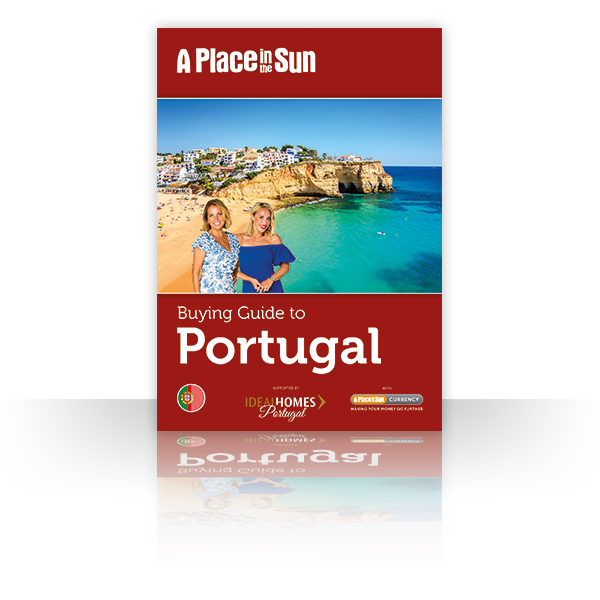-
Find your place in the sun
- Home
-
Property Search
- Property Search
-
Property in Spain
- Property in Spain
- Almeria
- Costa Blanca
- Costa del Sol
- Costa Brava
- Costa de la Luz
-
Costa Tropical
- Costa Tropical
- La Herradura
- Almuñécar
- Salobreña
- Motril
- Murcia
- Valencia
- Inland Andalucia
-
Canary Islands
- Canary Islands
- Tenerife
- Fuerteventura
- Lanzarote
- Gran Canaria
- Balearic Islands
- All Areas
- Property in France
-
Property in Portugal
- Property in Portugal
- Algarve
- Albufeira
- Lagos
- Lisbon Coast
- Silver Coast
- All Areas
- Property in Italy
-
Property in Greece
- Property in Greece
- Aegean Islands
- Corfu
- Crete
- Halkidiki
- Ionian Islands
- All Areas
- Property in Florida
- Property in Cyprus
- Property in Turkey
- Search all countries
- New Developments
- Find an agent in...
- Most Popular Properties
-
-
Help & Guides
- Help & Guides
- How to Buy
- Area Guides
- Free Guide Download
- Professional Services
- Currency
- Mortgages
- Insurance
-
Relocation
- Relocation
-
Moving to Spain
- Moving to Spain
- Buying property in Spain
- Living in Spain
- Retiring to Spain
- How to move to Spain
-
Moving to France
- Moving to France
- Buying property in France
- Living in France
- Retiring to France
-
Moving to Portugal
- Moving to Portugal
- Buying property in Portugal
- Living in Portugal
- Retiring to Portugal
-
Moving to Italy
- Moving to Italy
- Buying property in Italy
- Living in Italy
- Retiring to Italy
-
Moving to Cyprus
- Moving to Cyprus
- Buying property in Cyprus
- Living in Cyprus
- Retiring to Cyprus
- Moving to Malta
- Find a Lawyer
- Viewing Trips Guide
- Articles
- Webinars
- New Developments
- Live Events
-
TV Show
- TV Show
- Episodes
- Presenters
- Apply
- Advertise with us
-
- Sign up / sign in
- Currency
- Find an agent
- Advertise with us
Residency in Portugal
 Unless you can prove that you were settled (living permanently) in Portugal before 31/12/20 Britons must now apply for a visa if you want to move stay for longer than 90 days or move there.
Unless you can prove that you were settled (living permanently) in Portugal before 31/12/20 Britons must now apply for a visa if you want to move stay for longer than 90 days or move there.
Once you have arrived in Portugal - no matter what type of visa you have. You must register with the town hall (camara) to obtain your “residencia” (also know as the Certificado de Registo de Cidadao da Uniao Europeia).
Types of visa
Retirement visa
The D7 visa is an option - also known as the ‘retirement’ and ‘passive income’ visa - is available to anyone who can prove they have a form of income for outside Portugal: a pension, salary from remote working for a company based in the UK, rental income or freelance work.
Work permit
If you are hoping to work in Portugal you must apply for a different type of visa - a work permit - providing a business plan for approval; or your employer applies. A D2 Visa is for entrepreneurs and self-employed people - begin the application process at the UK Portuguese Consulates.
Golden Visa
The Golden Visa is no longer available in Portugal.
Non-habitual Residents scheme
The Non-Habitual Residents scheme (not a visa) is a vehicle for high-earning people to pay low tax rates for 10 years if they become tax resident (spending over 183 days a year in Portugal). This means pensions are taxed at 20 per cent. Seek specialist advice about type of assets/ exemptions.
FAQs: Residency in Portugal
How do I get residency in Portugal?
To get residency in Portugal, you need to apply for a visa that suits your situation, such as the D7 visa (for retirees or those with passive income) or the Golden Visa (fund investment). Once approved, you can apply for a residence permit in Portugal.
Can buying property in Portugal give me residency?
Not any more, although owning a property may strengthen your D7 visa application.
What are the residency options for UK citizens in Portugal after Brexit?
UK citizens can no longer move freely to Portugal. To live there, you must apply for a visa such as the D7 Visa. Owning property for sale in Portugal can support your application, but it does not automatically grant residency.
How long do you have to live in Portugal to get permanent residency?
You can apply for permanent residency in Portugal after five years of legally living there. During this time, you must maintain your visa or residence permit and spend at least 183 days per year in the country.
Does Portugal residency lead to citizenship?
Yes, after five years of residency in Portugal, you may apply for permanent residency or Portuguese citizenship, provided you meet the requirements, such as language knowledge and integration into Portuguese society.
